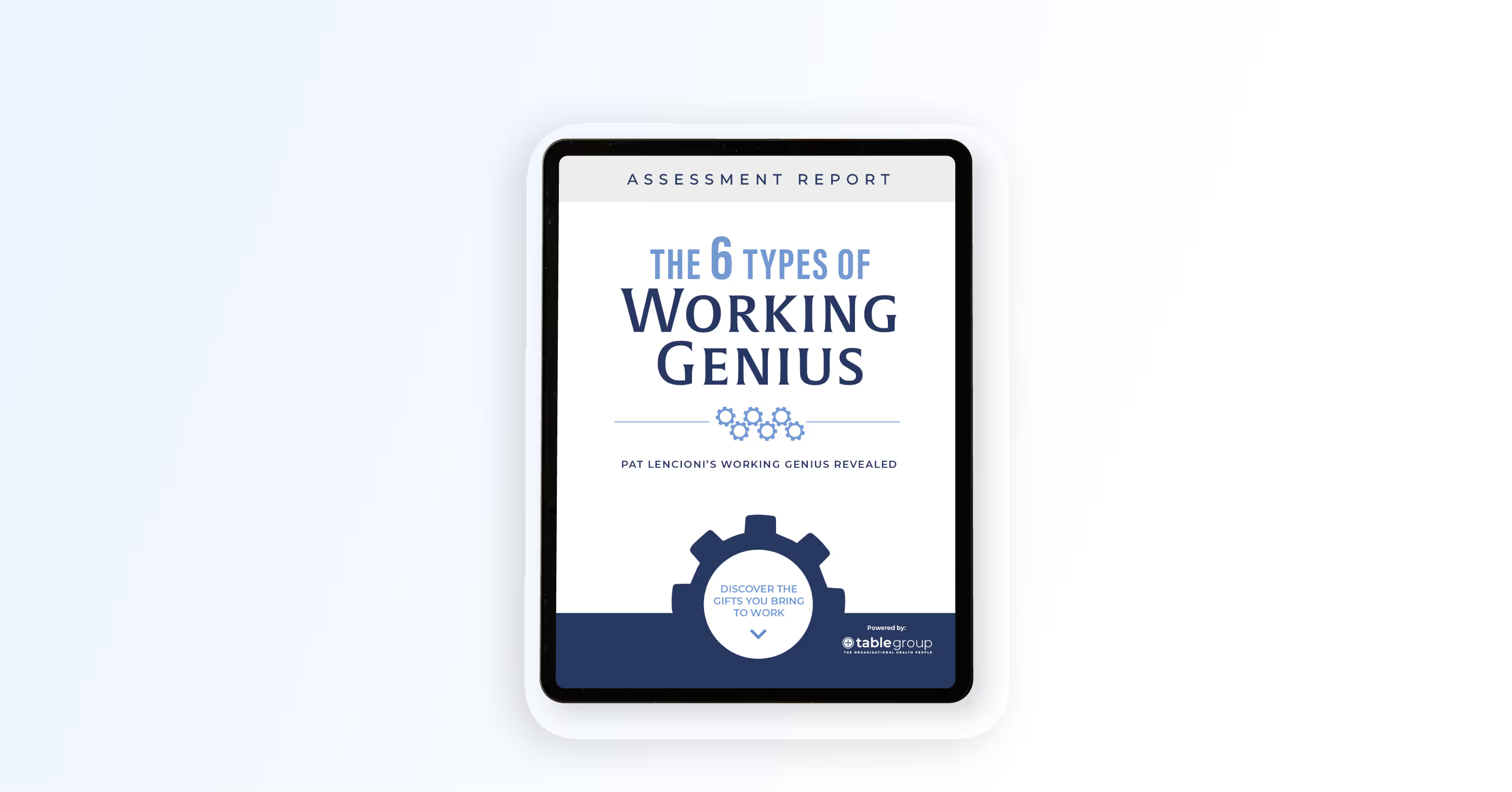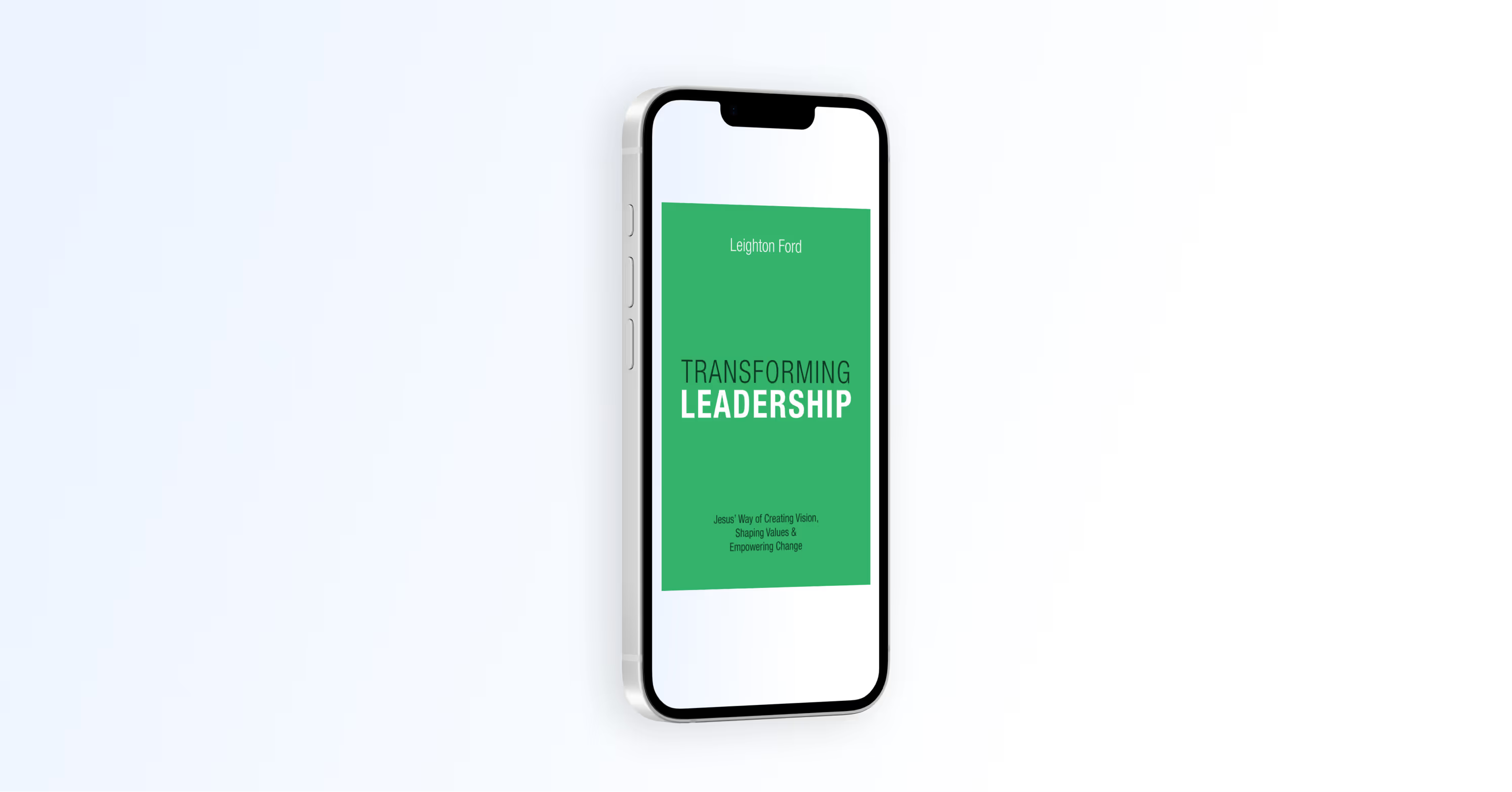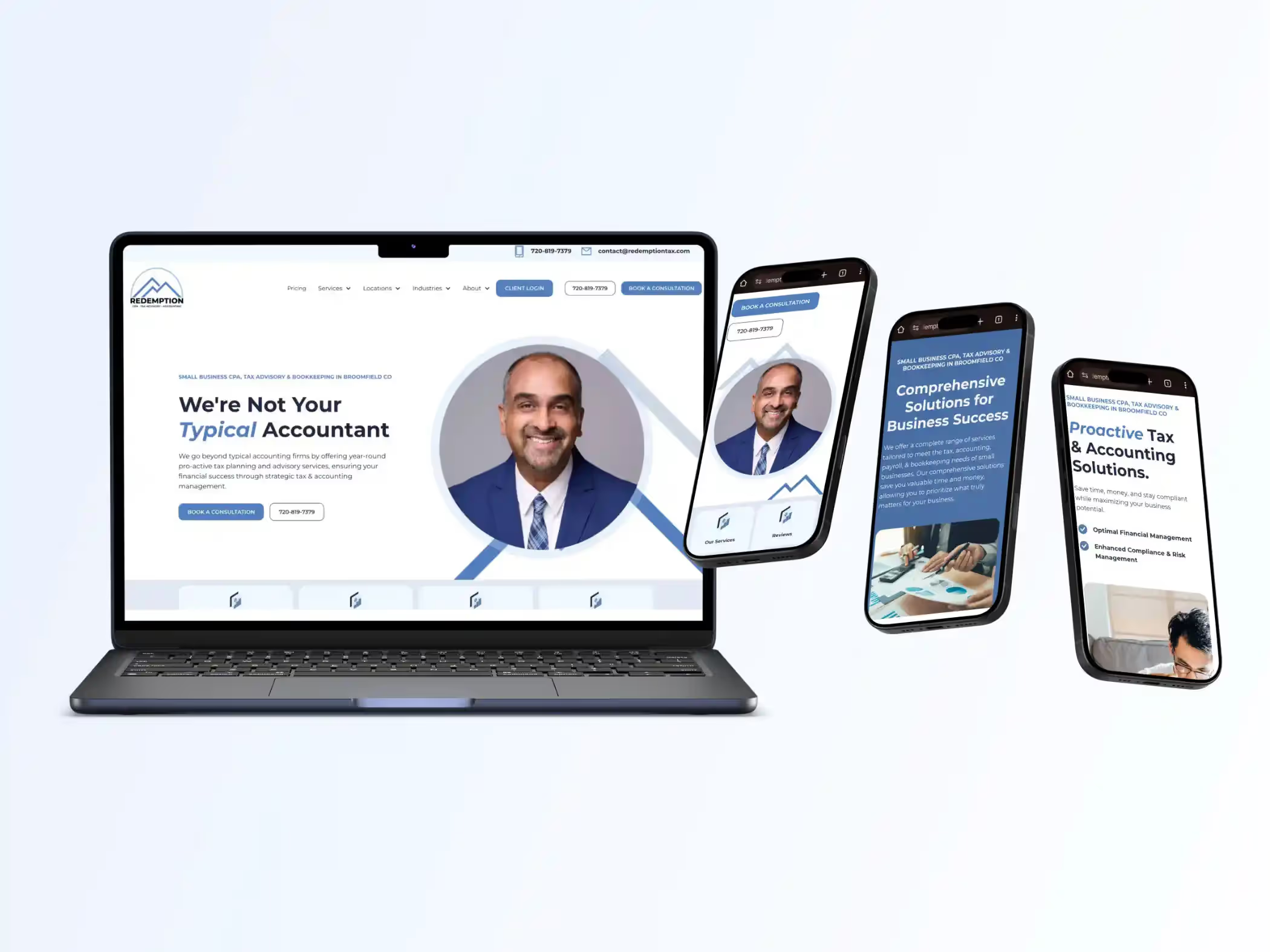How To Prepare Taxes Professionally - Requirements for a Tax Preparation Business
Starting a Tax Preparation business? Here's exactly what to do so you can legally file taxes professorially. Anyone can prepare taxes professionally after fulfilling the requirements, but I'll also show you how to integrate taxes into an Outsourced Accountant model

How to Professionally Prepare and File Taxes for Businesses and Individuals
How to Start a Tax Preparation Business & Make Big Money as an Outsourced Accountant
If you want to start your own tax preparation business, you need to be able to legally prepare, file, and complete tax returns for businesses and individuals.
I'm going to break down the steps of what's necessary to file taxes professionally, but I'll also show you a breakdown of my Outsourced Accountant Model that helps you earn high monthly retainers, perform more meaningful work, and build a successful accounting firm from the comfort of your home.
The Best Articles on How to Start a Professional Tax Preparation Business
If you're looking for more articles talking about the steps to prepare taxes, here are some great resources.
- Microsoft Article
- Intuit ProConnect Requirements breakdown
- Certification Types (Ea's vs. CPA etc.) here
- Accounting.com about why and how
- How to become and Enrolled Agent SEE or EA here
- How to become a CPA here
- Income Tax School on the Why
- Tax Slayer Tax Preparer Checklist
- How to Become's guide on how
- Wiki How's article and summary
I'm bringing it all together so you can easily start your tax preparation business and then evolve it into my Outsourced Accounting model - which is where you can build a healthy, profitable, and meaningful business.
Requirements to Prepare Taxes Professionally
There are 5 Things or Steps you need to complete to become a professional tax preparer, and each state and city might have different requirements. so you'll need to check those out. Later in this article, you'll see that there are a handful of states that have significantly more bureacracy required to become a professional tax preparer.
Steps to Become a Professional Tax Preparer:
A - Register Your Business with the State and obtain an EIN When necessary (every business should do this)
B - Become an Authorized e-file Provider by getting your IRS EFIN Electronic Filing Identification Number
C - Get IRS Tax Preparer PTIN or Tax Identification Number
D - Check your State’s Requirements
E - Choose Optional Training & Certifications
F - Choose Tax Preparation Software
Who can File Taxes Professionally?
You should get approved to prepare taxes professionally, it's really not that hard, and it's a critical part of my highly profitable "Outsourced Accountant Model."
But who can legally prepare taxes for a profit, or who can professionally prepare, file and submit tax returns, such as 1120S, Schedule C, or even personal returns like 1040?
Who can prepare taxes professionally?
Any tax professional with a PTIN or Preparer Tax Identification Number, is authorized to professionally file federal tax returns (states are in charge of their own requirements).
2 Types of Tax Preparation Representation: Unlimited vs Limited Tax Representation Rights
There are 2 Types of tax professionals out there, limited and unlimited representation.
Unlimited Representation Rights:
Enrolled agents, certified public accountants and attorneys have what's called "unlimited representation rights" before the IRS. Basically that means they can help during audits, payment and collection disputes or issues and appeals.
If you're not an Enrolled Agent, CPA, or Attorney, then you're a limited representation rights preparers. In that case, you are limited according to these definitions, and you can't help with appeals or any tax return you didn't file yourself.
A - Register your Business with State Tax ID Number and Federal Tax ID Number or EIN
This section isn't specifically for professional tax preparers, but it's relevant to all business owners. There are particular requirements in different states and you'll need to understand them, but this section isn't just for Accountants, Bookkeepers, Tax Pros or CPA's.
You don't always need an EIN, but in just about every case, you'll definitely need a state tax ID Number.
You'll want to register your business with the State and the IRS in certain cases.
State Tax ID Number
Who needs a State Tax ID number? Well, any organization that must pay state taxes. Remember, every state has widely different tax requirements for businesses.
Federal ID or EIN Number
An EIN employer identification number, is also known as your Federal Tax ID, is not required if you're going to be self employed, working with and for yourself.
When do you need an EIN?
IRS EIN ASSISTANCE TOOL HERE
The IRS Here, states You will need a federal tax ID EIN if say YES to any of the following questions:
Yes Answers = Require an EIN Federal Tax ID
Bottom Line - you'll need an EIN if you're an S-Corp, Partnership and businesses with employees.
- Do you have employees?
- Do you operate your business as a corporation or a partnership (S-corp)
- Do you file any of these tax returns: Employment, Excise, or alcohol, Tobacco and Firearms?
- Do you withhold taxes on income, other than wages, paid to a non-resident alien?
- Do you have a Keogh Plan?
- Are you involved in the following types of organizations: Trusts, Estates, Real Estate Mortgage Investment Conduits, Non-Profit organizations, Farmers Coops, Plan Administrators?
Some states require you to register your business with your state, but I think you’ll want to no matter what in order to formalize your business operations. You’ll want to determine your business entity - which usually means starting out as an LLC taxed as either a Sole Proprietorship or an S-Corporation. As you’ll see moving forward, I don’t recommend converting to an S-Corp, by filing an S-Election, until you’ve reached ongoing net profits high enough to off-set the costs of compliance.
But the first step is to register your business.
Register Your Business with the State So you can Get a Business Bank Account.
Don’t Commingle Funds, that’s the foundation of your accounting system.
One major reason to register your business with the state, is so you can open a business bank account, which is the foundation of a good business operation. All your income from the business should flow into your business bank account, and your qualified business expenses should be paid with this account. You will not be able to get an official business bank account until you’ve registered with the state.

B - Become an Authorized e-file Provider- Get your IRS EFIN - Electronic Filing Identification Number
Intuit's Resources about EFIN process.
Phone number for the EFIN Help Desk: 866-255-0654 (6:30am to 6 pm ct)
IF you're going to be filing taxes for other people and businesses using the e-File system, you'll need to go through the application and approval process to become an official e-File firm.
How long does it take to get your tax preparation EFIN after submitting application?
EFIN acceptance letters usually process and arrive in 45 days.
Your acceptance letter will have your e-File number.
Step by Step: Becoming an Authorized efile Provider
The IRS e-file authorization process is pretty swift, and should take around 45 days once you've gotten all the way through.
Step 1: Create an IRS e-services Account
Step 2: Submit Your Application
Step 3: Pass a Suitability Check
IRS Video Talking about how to get an EFIN e-file number
C - Get IRS Tax Preparer PTIN or Tax Identification Number
What is a Professional Preparer Tax Identification Number or PTIN?
A PTIN is the identification number that will be used when preparing, filing and submitting federal tax returns for businesses or individuals, to the IRS.
How long will it take to get a PTIN?
All PTIN's expire on December 31st, and you'll need to be valid and renewed by January 1.
First Time PTIN Applicants can obtain a PTIN online, in about 15 minutes.
What will you need ready before your PTIN application?
- Social Security Number
- Personal Information (name, mailing address, date of birth)
- Business Information (name, mailing address, telephone number)
- Previous Year's individual tax return (name, address, filing status)
- Explanations for felony convictions if youhave any
- Explanations for problems with your U.S. Individual or business tax obligations
- If applicable, any U.S. based professional certification information like CPA, attorney, enrolled agent, and many more.
PTIN Process:
- Create your account. You'll get a confirmation emal for the PTIN account etc.
- Apple for your PTIN
- Receive your PTIN.
You will be ablet o receive secured communication through your PTIN account, and all offical correspondence is done through the PTIN messaging system. This account is very important.
D - Check State Tax Preparer Requirements
IRS List of all State Requirements for Tax Preparers
It's hard to keep a completely accurate, up to the minute list of state requirements for professional tax preparers, so what I'm going to do is show you what we currently know. Everyone needs to check with their state and city (yes, cities!) to get a clear understanding.
According to most of our sources, about 20 states have regulations for tax preparation companies, with additional rules for tax firms and professionals that provide tax return products like rapid tax refunds which essentially give a loan to a person for a fee, in exchange for the tax return.
Six States have some unique tax professionals requirements, and then there are 10 or so states withe additional disclosure requirements, and providing or facilitating an loans of any sort make things more complicated here.
7 States with more Stringent Regulations on Tax Preparation Businesses
California:
California always leads the way in bureaucracy and red tape to protect their seemingly helpless consumer population.. (sorry, couldn't resist) . Besides having some of the highest taxes in the United States, they also have a greater barrier for entry into the tax preparation business.
PTIN from the IRS
$5,000 Tax Preparer bond info here.
20 Hours CPE
60 hour course called CTEC - California Tax Education Council
You can find the approved courses here
You can check out the CTC society here.
CPA's and EA's are usually exempt from the california requirements.
Connecticut:
You'll need a $100 permit, a high school diploma, and an IRS PTIN. Learn about it here
Illinois:
in 2017, Illinois created some regulations that tied PTIN's to state tax returns, read more here.
Outsourced Accountant Model
The three groups of people I want to talk to are
Maryland:
Maryland tax preparation businesses will need 80 hours of tax law education, pass a state exam, and pay a list of fees. You'll also have 16 hours of CPE. Again, most EA's and CPA's are exempt.
Nevada:
You'll have to pay fees, register, and get a surety bond.
New York:
In New York, you'll need a GED or High School diploma, and if you complete more than 10 tax returns, you'll also have some continuing education .and of course, fees.
Oregon:
Starting a tax preparation business in Oregon means you'll need the high school diploma, 80 hours of tax law education, pass an exam with a 75% and obtain a PTIN from the IRS. Your tax preparation license needs to be renewed each year after it expires on Sept. 30th. Other Oregon requirements here.
E - Choose Optional Training & Certifications
It's not hard to register your business, get an EFIN, get a PTIN, and get your state requirements (in most cases).
Getting legal might be easy, but being competent is not as easy.
You'll want to know what you're doing after starting your tax preparation business.
Here are some different types of certifications and programs you con complete to improve your competence.
6 Best Tax Trainings for Beginners & Non-Credentialed
If you're not going to be an enrolled agentt, or a CPA, here are 6 great training programs you can use to improve your abilities as a tax preparer. This is particularly important when things change drastically such as after the tax cut and jobs act.
Best Training for Non CPA or EA:
- AFSP annual Filing Season Program from the IRS
- Income Tax School Tax Pro program
- Jackson Hewitt Tax Pro Training here
- H&R Block Tax Training here
- Intuit ProConnect Training and Resources
- Liberty Tax Courses
a - AFSP Annual Filing Season Program
The AFSP / IRS Annual Filing Season Program - this is a great resource for non-credential tax preparation professionals.
If you're looking for training on how to become a tax professional, the AFSP is a great way to get started. You'll need to go through their approved educational systems, but essentially you'll be provided with some amazing, practical information that can help you serve customers properly.
What you get in the AFSP:
- 6 hours of what's called the Annual Federal Tax Refresher (AFTR) course that covers filing season issues
- Knowledge Base Comprehension Test
- 10 hours of federal tax law topics
- 2 hours of ethics
How do you obtain an AFSP Record of Completion?
- Take 18 hours of continuing education from the approved providers.
- Have a PTIN
- Consent and adhere to the obligations in the circular no. 230
Certified Public Accountants (CPA) & Enrolled Agent (EA)
CPA
The most rigorous certification to get is going to be getting your CPA license. CPA's are licensed by states, and the must pass the Uniform CPA Examination - which is a stringent test. Usually, CPA's will choose either tax or audit specializations.
Enrolled Agents
Enrolled agents are licensed by the IRS, and are required to pass suitability, as well as pass an extensive test that covers busienss and individual tax issues. It's 72 hours of additional CPE and the test is also very hard.
How do you consent to the IRS Publication 230 to finalize the AFSP?
Free Guides & Blog Categories
We invest heavily in helpful content that assists small businesses owners.
Book a Consultation & Transform Your Business
Ready to transform your business? Book a call with Rob.












.avif)
.avif)









